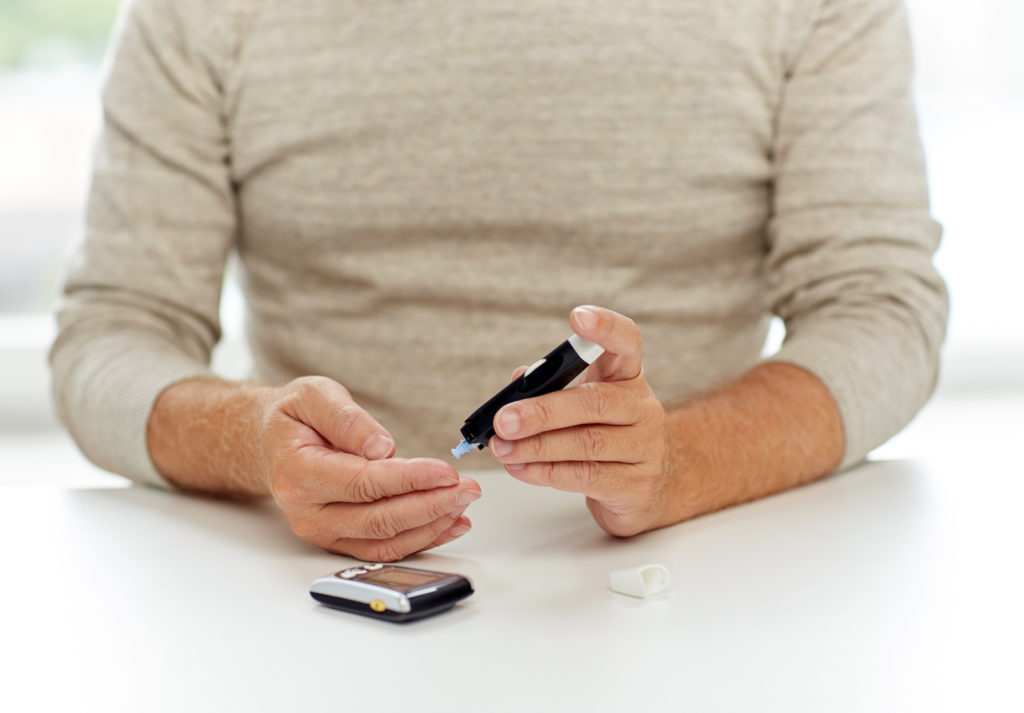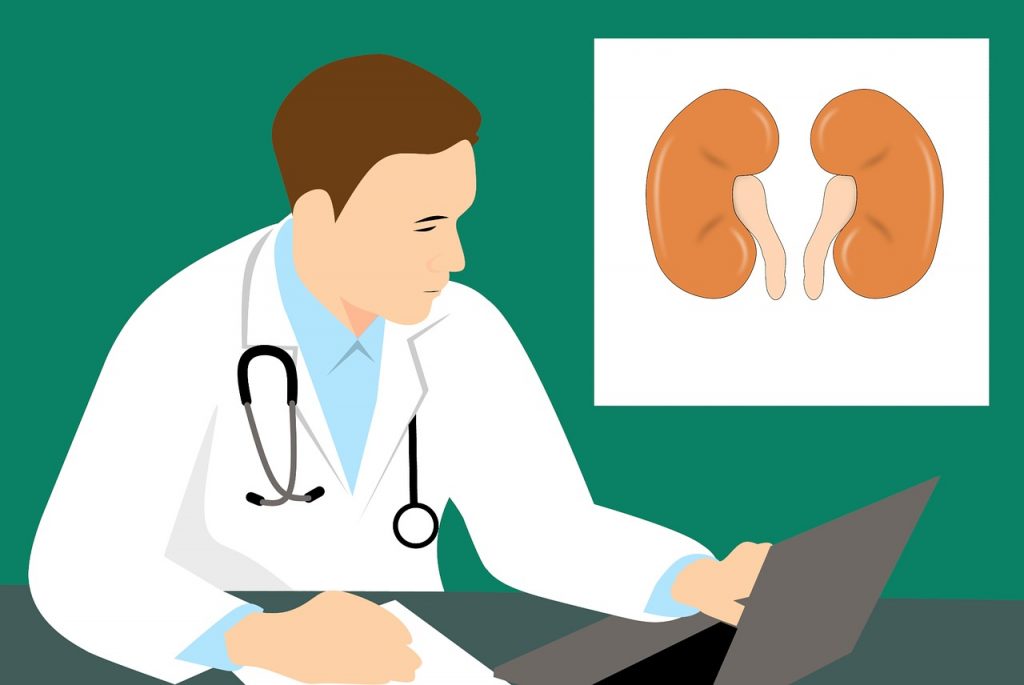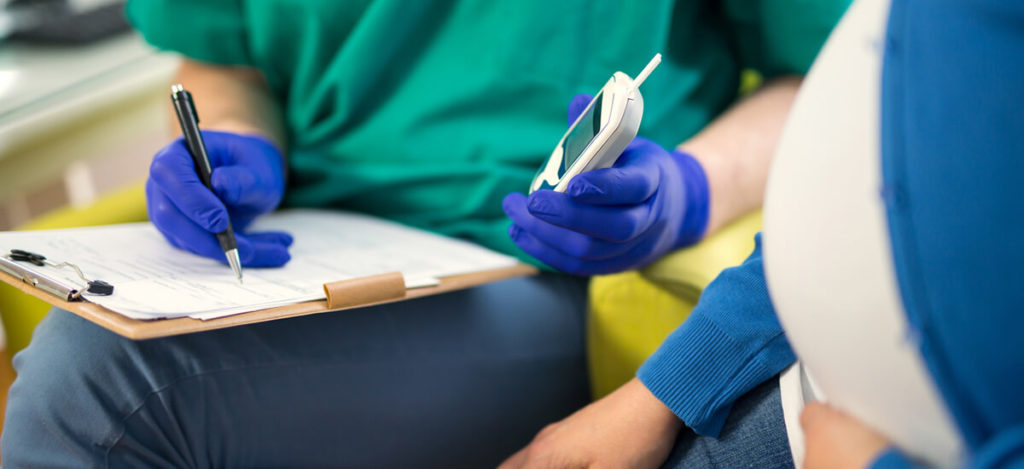This study will compare insulin lispro low mixture and insulin glargine in combination with the patient’s oral diabetes medicines for their ability to control blood sugar in patients with type 2 diabetes and compare insulin lispro LM to insulin glargine with regard to the length of time that the overall blood sugar can be controlled.
This study will also determine whether the safety of insulin lispro LM and any side effects that might be associated with it are different from those observed with insulin glargine in combination with the patient’s oral diabetes medications.
The addendum study will compare how different insulin treatments work to control blood sugar in patients whose diabetes could not be controlled by either insulin lispro LM or insulin glargine.
Official Title
The Durability of Twice-Daily Insulin Lispro Low Mixture Compared to Once-Daily Insulin Glargine When Added to Existing Oral Therapy in Patients With Type 2 Diabetes and Inadequate Glycemic Control
Conditions
Diabetes Mellitus, Type 2
Study Type
Interventional
Study Design
Treatment, Randomized, Open Label, Active Control, Parallel Assignment, Safety/Efficacy Study
Further Details
Primary Outcome Measures (main trial):
- Initiation phase: Comparison of endpoint A1C after 6 months of starter insulin therapy with either insulin lispro low mixture [LM] twice-daily or insulin glargine.
- Maintenance phase: Comparison of the duration of time that each starter insulin regimen is able to maintain A1C at goal.
Secondary Outcome Measures (main trial): Comparison of safety and efficacy of two starter insulin regimens during the initiation phase and maintenance phase with respect to:
- Percentage of patients with A1C < or = 7.0% and A1C < or = 6.5%
- Change in A1C
- A1C at each visit
- Seven point blood glucose profiles and excursions after meals 1,5 Anhydroglucitol
- Absolute and incremental weight change
- Insulin dose
- Incidence as well as rate of self-reported hypoglycemic episodes
- Comparison of rates of increase in A1C of two starter insulin regimens during the maintenance phase will also be evaluated
- The baseline and endpoint characteristics of the patient populations that fail to achieve and/or maintain control will also be compared with those that succeeded in achieving and/or maintaining control
Study Start
December 2005; Expected completion: June 2010
Eligibility & Criteria
- Ages Eligible for Study: 30 Years – 79 Years
- Genders Eligible for Study: Both
Inclusion Criteria:
- Must have type 2 diabetes.
- Must be at least 30 and less than 80 years of age at the time of Visit 1.
- Must be on at least two oral antidiabetes medications for at least 90 days.
- Must have an A1C 1.2 to 2.0 times the upper limit of normal reference range at the local lab.
Exclusion Criteria:
- Must not have used insulin on a regular basis in the last 12 months.
- Must not have had more than one episode of severe hypoglycemia in the last 24 weeks.
- Must not have a body mass index (BMI) or greater than 45 (morbid obesity).
- Must not have clinically significant hematologic, oncologic, renal, cardiac, hepatic, or gastrointestinal disease.
- Must not be pregnant or intend to get pregnant during course of the study.
Total Enrolment
2000
Contact Details
More information available from Lilly Trials
- Kingswood Penrith, New South Wales, 2747, Australia; Recruiting
- Keswick, South Australia, 5035, Australia; Recruiting
- Elizabeth Vale, South Australia, 5112, Australia; Recruiting
- Burnie, Tasmania, 7320, Australia; Recruiting
- Box Hill, Victoria, 3128, Australia; Recruiting
- Nedlands, Western Australia, 6009, Australia; Recruiting
All content and media on the HealthEngine Blog is created and published online for informational purposes only. It is not intended to be a substitute for professional medical advice and should not be relied on as health or personal advice. Always seek the guidance of your doctor or other qualified health professional with any questions you may have regarding your health or a medical condition. Never disregard the advice of a medical professional, or delay in seeking it because of something you have read on this Website. If you think you may have a medical emergency, call your doctor, go to the nearest hospital emergency department, or call the emergency services immediately.







